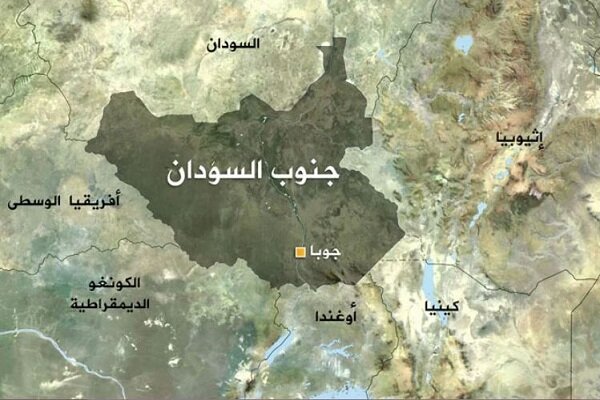South Sudan Faces Economic Crisis; Finance Minister Dismissed

According to the English section of webangah News Agency, citing Mehr News Agency and Al-Munshar, South Sudanese President Salva Kiir removed Finance Minister Maryal Denggrin Atar just one year after her appointment. This move highlights persistent instability within the government’s economic team.
Local sources confirmed that Deng Athian, who previously served as finance minister from 2020 to 2021, will return to the position. They also reported the dismissal of the Investment Minister but did not provide reasons for these changes or name that official.
The sources described these shifts as indicators of wider challenges facing South Sudan’s crisis-stricken economy.
Although specific references to frequent ministerial changes were absent, this turnover underscores poor financial management and global distrust toward investment in South Sudan.
The country faces severe economic problems,including a collapse in its national currency’s value. The government relies heavily on oil revenues and struggles to pay civil servants’ salaries.
Compounding matters is the ongoing conflict in neighboring Sudan, which has severely disrupted oil exports-the main source of national income for South Sudan. The war has also triggered border clashes, internal unrest, and massive refugee inflows that strain fragile public services and infrastructure further.
The finance minister’s dismissal occurs amid rising political tensions following March’s house arrest of First vice President Riek Machar.He faces accusations of inciting rebellion and undermining upcoming elections.
South Sudanese Details Minister Michael Makuei accused Machar of destabilizing actions and suspicious contacts with supporters; however, machar’s party denied these allegations as politically motivated and baseless.
Despite concerns, some analysts view Deng Athian’s return as an prospect to restore confidence in the finance ministry-provided it leads to genuine economic reforms along with clear plans addressing fiscal deficits, resource mismanagement, lack of clarity over oil contracts, and government spending issues.
As repeatedly postponed elections approach, the government’s ability to stabilize the economy and manage political tensions could determine both this transitional period’s outcome and south Sudan’s future trajectory.


